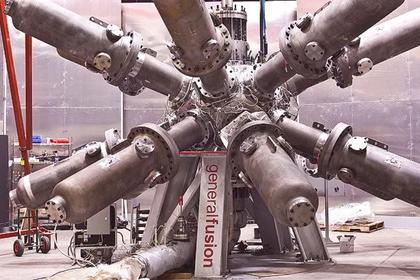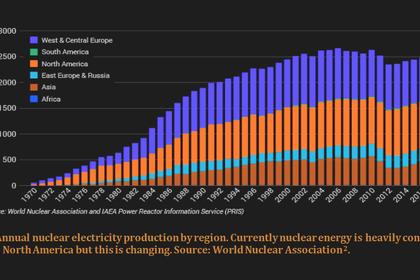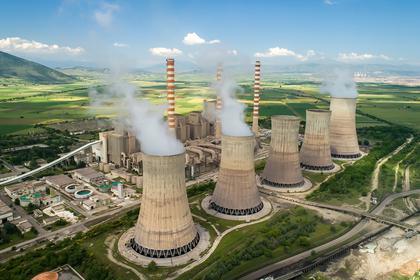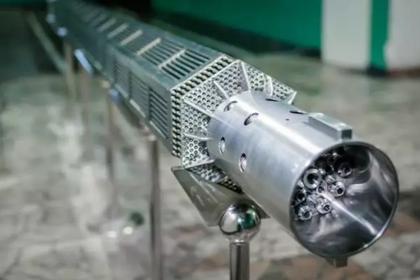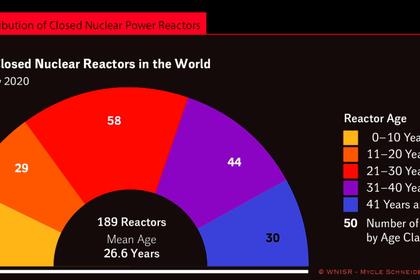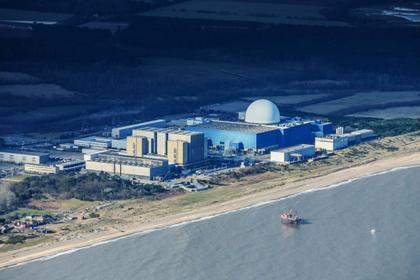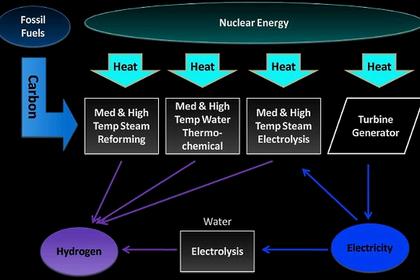
NUCLEAR RELIABILITY
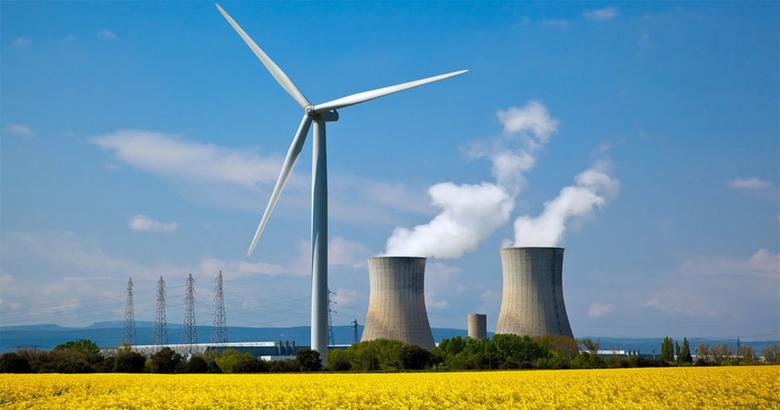
WNN - 16 March 2021 - The ability of nuclear energy to stabilise electricity systems and secure the grid is all the more essential in an increasingly unpredictable weather world, write Bryan Hanson, executive vice president and chief generation officer at Exelon, Bodhan Zronek, chief nuclear officer at CEZ Group, and Sama Bilbao y Léon, director general of World Nuclear Association.
"Within just a few short weeks, the energy news bulletins have been filled with sudden price shocks, rolling blackouts either being contemplated or implemented to save grids from collapse, citizens being asked not to shower or use a vacuum cleaner, and major industrial facilities having to interrupt production due to electricity prices. Recently, National Grid once again had to issue a warning that the UK's electricity supply margins are tight due to low renewables generation and high levels of demand, with day-ahead auction prices soaring to almost GBP500/MWh (USD690/MWh).
Clean baseload generation
The situation we face is unprecedented on a number of levels. Despite trillions spent on intermittent renewables, we still find ourselves completely dependent on fossil fuels, and with an electricity system that is increasingly unreliable, increasingly expensive, and equally dirty. In Germany and Japan, we see one low-carbon source replacing another (renewables and nuclear), whilst coal and fossil gas are allowed to continue polluting the air, causing tens of thousands of deaths annually, and contributing to climate change, leading to unpredictable weather and more frequent “hundred-year” storm events.
Indeed, cracks have been visible for some time in grids all over the world as a result of the investment glut in intermittent renewables which has not been matched by investments in clean baseload generation. Last summer, California saw rolling blackouts and Swedish transmission system operator Svenska Kraftnät had to ask the Ringhals nuclear power plant to return unit 1 to service early to help stabilise the grid.
Worldwide problem
With the arrival of winter, we have seen these cracks widen and multiply around the world. On 8 January, due to transmission outages the grid in Continental Europe suffered worrisome frequency disruptions, which resulted in the disconnection of almost 2 GW of capacity in France and Italy. A few weeks later, Japan suffered an electricity price shock not seen since the oil crisis of the 1970s, as a result of LNG supply issues, while a large percentage of its fleet of recently refurbished nuclear reactors sits idle. Texas, Spain and Sweden have seen similar price shocks since the start of the year, and the people of Texas recently experienced multi-day, sustained blackouts during freezing temperatures as a result of a weakened electricity system.
We must come to terms with this stark reality - unless corrective action is taken as a matter of urgency, the near-misses and supply crises we have started to see will not only continue, but get worse as clean baseload generation is retired and not replaced. The last few weeks have also shown just how vulnerable we have become to the volatility of the fossil gas markets, fundamentally undermining energy security.
The grids of today are becoming more and more divorced from the characteristics of a resilient system - one that has the physical availability of generating capacity at all times, one that operates smoothly and with stable economics in all conditions, including sudden shifts in demand or changing and extreme meteorological conditions.
Recalibrate the debate
By abandoning dogmatism and allowing a return to science-based policymaking, it is possible to avert the predicament we are facing. Nuclear power and renewables can, if planned properly, be exemplary partners as we strive towards building a clean energy world following the pandemic, while ensuring that we do so without leaving a large percentage of world's population behind. We need to reform energy markets so that they incentivise long-term investments in clean energy and resilient infrastructure. It is imperative that we put an end to the short-term thinking and short-term financial incentives that have placed us in the situation we are in today. A good starting point is to properly recognise the unrivalled grid stability offered by nuclear power.
The global energy debate, which has become increasingly ideological and antagonistic, would benefit immensely from a recalibration. As the world comes together in Glasgow this November to work out how to achieve our ambition on climate action, we must abandon the technological warfare energy policymaking finds itself in.
The focus should be on getting the job done, not on achieving technology quotas. At the end of the day, the climate does not care about how we decarbonise, just that we do. Against the backdrop of stubbornly high carbon emissions and the increasing grid stability issues we face, it is clear we are off course. By marrying the best features of nuclear power plants, renewables and storage, we can achieve deep decarbonization within the identified timeframes and in the most cost-effective manner."
-----
Earlier:
